Almost all honey is produced by honey bees. But what about wasps and hornets, do they make honey, too?
In this blog post, we tackle whether or not hornets make honey. But first, what are hornets?
The Hornets
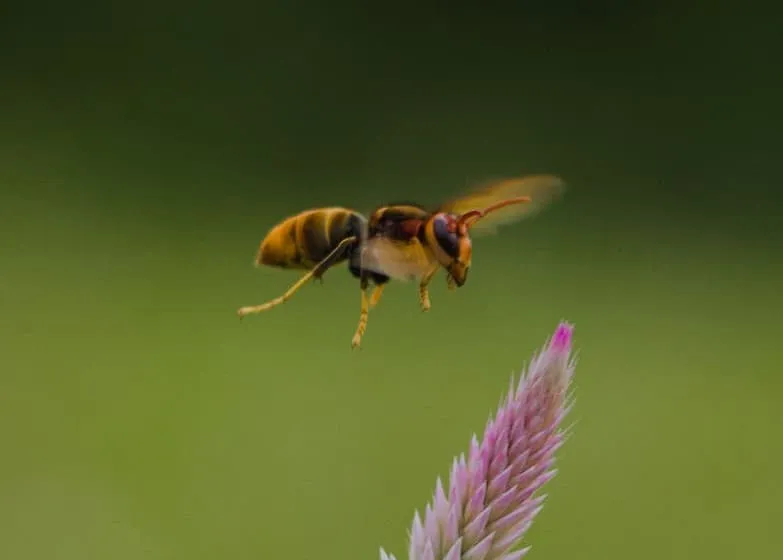
Hornets belong to the genus Vespa and are subsets of wasps. They are the largest group among the euro-social wasps. There are about 20 species of hornets globally, but only the European hornet is found in the United States.
Smaller versions of these insects, called bald-faced hornets, are found in the U.S. However, they are black and white in color. Despite its name, a bald-faced hornet is actually not a hornet but a wasp species.
The European hornets can grow to about 3/4 of an inch up to almost 1 1/2 long and look like yellowjackets.
Despite being similar in appearance to yellowjackets and other vespine wasps, the hornets are distinguishable from adult wasps by the large margin on the top of their heads.
Unlike honey bees that live in hives, hornets build and live in paper nests. These nests are made of chewed wood and other plant materials that are transformed into fibrous pulp.
Every nest would have a queen. The sole queen is burdened with the task of laying eggs. These eggs are taken care of by workers. These worker hornets are females that do not lay fertile eggs. As they cannot reproduce, their sole responsibility is to take care of the queen’s eggs.
Along with this responsibility of ensuring the safety of these eggs is the duty to protect them from threats. Hence, these female hornets have stingers that can harm an intruder who disturbs the nest.
Male hornets do not have stingers. However, some hornets can grow as long as 2.2 inches in length, making them look quite formidable.
What do Hornets eat?
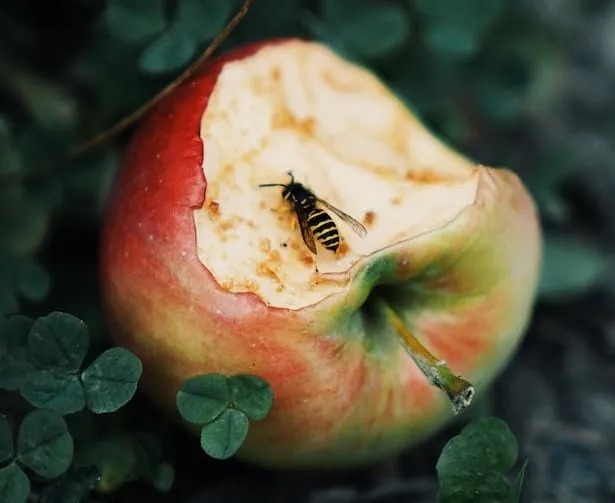
Hornets, like other wasps, do seem to have a sweet tooth as they favor sugar-rich plant foods. They thrive on a diet of nectar from flowers and honey from honey bee hives.
They also love sweet human food remains. Hornets are fond of sucking the sap off rotting fruits, sugar-rich food remnants, fruit juices, and more honey.
Do Hornets make Honey?
Hornets do not make honey. There is no known species of hornets that consume nectar or eat pollen to make honey.
It’s a different story when we talk of wasps. There is actually one wasp species that makes honey. The Mexican Honey Wasp is capable of producing edible honey.
Mexican honey wasps consume pollen and nectar to produce honey that is comparable to maple syrup. This honey is quite rare and is consumed just like normal honey made by bees.
While hornets eat nectar, that’s the most they do with this substance. Nectar is merely a solution to their hunger. They collect nectar but not as much as honey bees with hairy bodies and honey stomachs.
What little nectar they bring home is fed to their larvae. These insects do not process this nectar and turn it into honey.
Hornets also love consuming honey. But they get honey from those made by bees. When a hive is free from the guardians, the hornets will attack it, kill the bees, and steal honey for their sustenance.
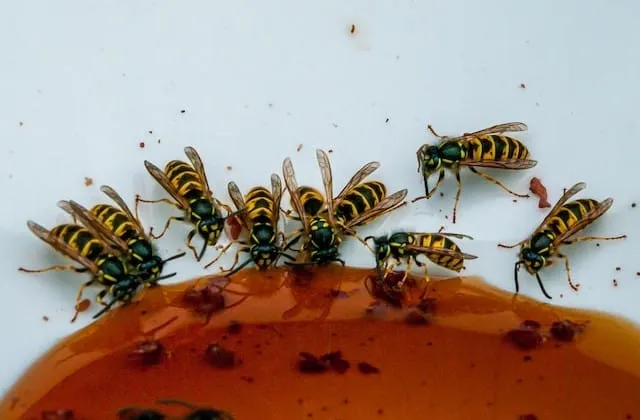
What Purpose do Hornets serve?
Pest Control
Hornets love protein in their diet. They eat insects and bugs that they can get their mandibles into. Hornets eat small insects like aphids, flies, and beetles.
Yet, they would not back down on other sources that supply food and sustenance. They also consume grasshoppers, beetles, spiders, locusts, and even caterpillars.
Pollination
At the same time, hornets are pollinators. They also rely on nectar for sustenance. In gathering nectars, these insects encourage pollination in return.
They frolicked from one flower to another, scattering pollen and enhancing pollination, though not as much as the hairy bees.
The Downside
Again, hornets love protein in their diets. They are not choosy and particular about the source of protein they consume as long as they can get a bite of it.
Because of this, hornets are also prone to consume bees as a source of food.
For Beekeepers
For beekeepers, the presence of hornets may pose a threat to the bees. Hornets love honey that the bees amply produce.
Hence, they will not have second thoughts about attacking a hive just to get a taste of the golden syrup. In fact, one hornet can kill about 40 bees in a minute.
The hornets have what they call “scouts” working for them. These scouts roam around searching for bee hives. Once they find one, they emit a pheromone that signals the rest of the group to come.
This would call on the rest of the hornets to arrive. When they do, they start attacking the hive to kill the bees and get to the honey stores. Dead bees are also consumed as a food source by the hornets.
For Homeowners
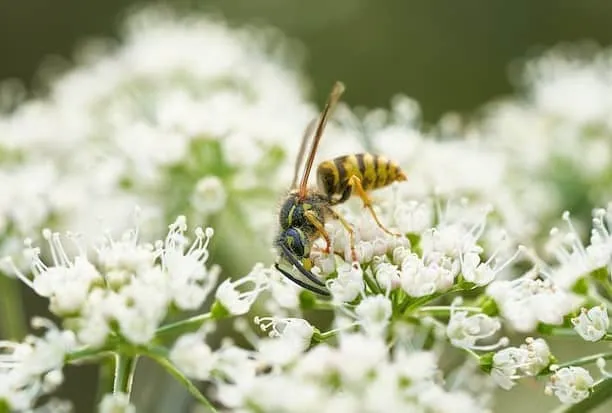
For homeowners, these insects are a threat to anybody within the home. Female hornets have stingers, and these stings can hurt. Unlike bees, hornets can sting multiple times, multiplying the agony of a bee sting.
Some hornets’ painful stings contain venom that can prove fatal to other animals and to humans. The Asian Giant Hornet (Vespa velutina), most prominent in Japan, is one the most venomous known hornet.
Annually, around 30-50 human deaths in Japan are caused by this hornet species.
Final Thoughts
On the other hand, hornets mostly live in areas that are not within reach. Hence, if these insects do not pose an immediate threat, it is best to leave them alone.
In most cases, hornets die over the winter, and those that survive the cold weather will find a new home. Hornets are not known to reuse their old nests.
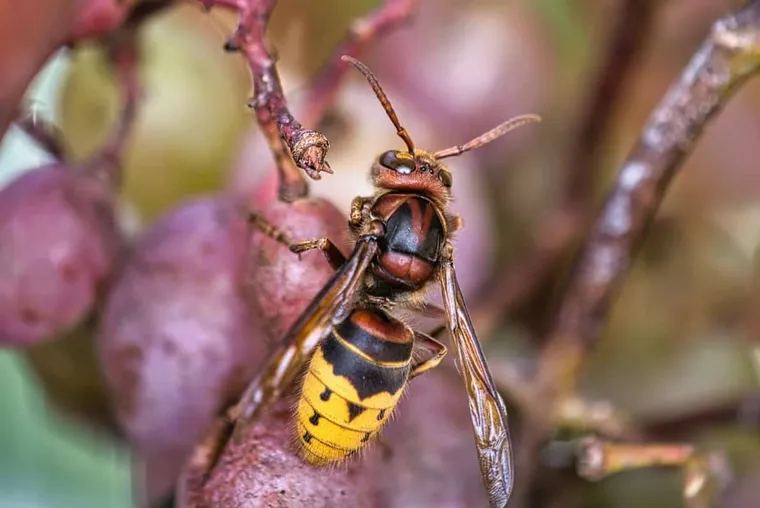
Leave a Comment
Your comment will be reviewed before appearing on the site.